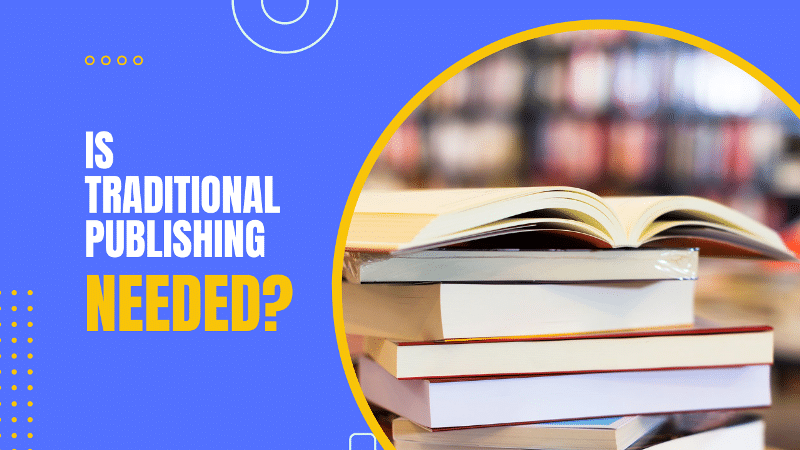In an age where digital content dominates the media landscape, the question arises: Is traditional publishing dead? The answer is a resounding no. Despite the rapid growth of e-books and online publishing platforms, traditional publishing will always be a vital and thriving industry. Here’s why we should focus more on traditional publishing and appreciate its enduring value.
The Timeless Appeal of Print
There’s an undeniable allure to holding a physical book in your hands, feeling the texture of the paper, and flipping through the pages. This sensory experience is irreplaceable. Traditional publishing capitalises on this by producing high-quality, beautifully designed books that readers can cherish. At Pressman House Publishing, we believe in the timeless appeal of print in addition to the other media forms, which continues to captivate readers across generations.

Credibility and Prestige
Traditional publishing is synonymous with credibility and prestige. A book published by a reputable house like Pressman House Publishing carries a stamp of approval that self-publishing often lacks. This credibility is built on rigorous editorial standards, thorough fact-checking, and professional design and marketing. Authors published through traditional channels gain access to established networks of literary critics, bookstores, and media outlets, enhancing their visibility and reputation.
The Power of Expertise
One of the most significant advantages of traditional publishing is the wealth of expertise it brings to the table. From experienced editors who refine manuscripts to skilled designers who create eye-catching covers. Traditional publishing houses provide a level of professional support that is hard to match. At Pressman House Publishing, our team of experts works closely with authors to ensure their books reach their full potential, both in terms of content and market appeal.
Extensive Distribution Networks
Traditional publishing houses have well-established distribution networks that ensure books reach a wide audience. Pressman House Publishing, for example, has partnerships with major bookstores, libraries, and online retailers. This extensive reach is something that self-published authors cannot achieve. Our distribution channels help authors connect with readers across the globe, boosting sales and visibility.

Marketing and Publicity Support
In today’s crowded book market, effective marketing and publicity are crucial for a book’s success. Traditional publishing houses like Pressman House Publishing have dedicated marketing and publicity teams that work tirelessly to promote books through various channels, including social media, book tours, and media appearances. This comprehensive support ensures that authors’ works gain the attention they deserve.
Financial Investment
Traditional publishing houses invest financially in their authors, covering costs such as editing, design, printing, and marketing. This investment reduces the financial burden on authors, allowing them to focus on their writing. Additionally, in certain circumstances traditional publishers offer advances against royalties.
Longevity and Legacy
Books published through traditional channels have a greater chance of longevity and becoming part of literary history. Many classic works that continue to influence and inspire readers were brought to life by traditional publishing houses. At Pressman House Publishing, we are committed to building a legacy of quality literature that stands the test of time.
In conclusion, traditional publishing is far from dead. It remains a robust and dynamic industry that offers numerous benefits to authors and readers alike. At Pressman House Publishing, we are proud to be part of this enduring tradition, championing the value of expertly crafted, professionally published books. As we move forward in an increasingly digital world, we believe it is essential to focus more on traditional publishing and recognise its continued importance in the literary landscape.

